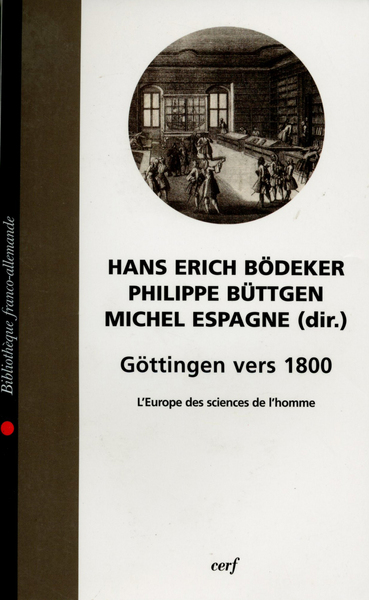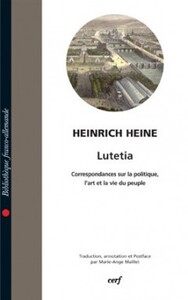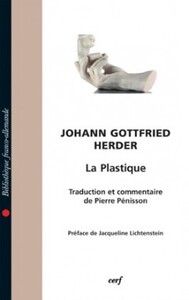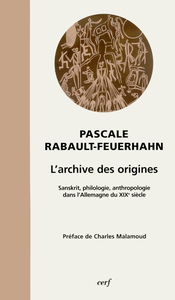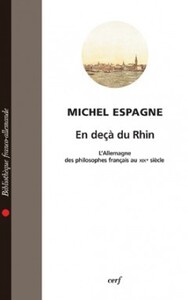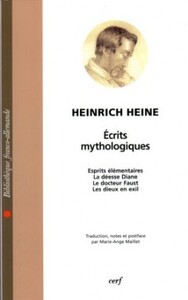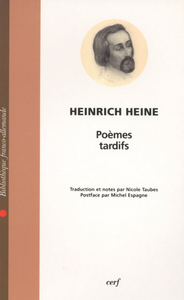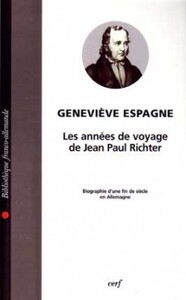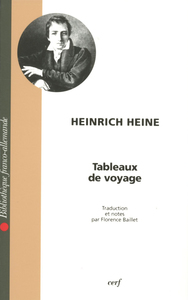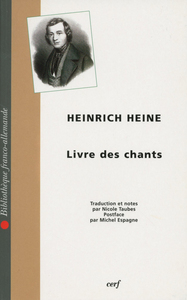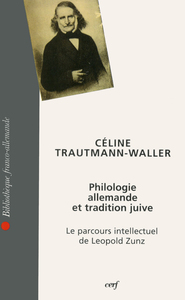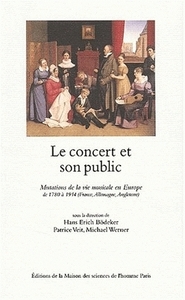Nous utilisons des cookies pour améliorer votre expérience. Pour nous conformer à la nouvelle directive sur la vie privée, nous devons demander votre consentement à l’utilisation de ces cookies. En savoir plus.
GÖTTINGEN VERS 1800
Cerf - EAN : 9782204091282
Édition papier
EAN : 9782204091282
Paru le : 7 mai 2010
46,20 €
43,79 €
Epuisé
Pour connaître votre prix et commander, identifiez-vous
Manquant sans date
Notre engagement qualité
-
 Livraison gratuite
Livraison gratuite
en France sans minimum
de commande -
 Manquants maintenus
Manquants maintenus
en commande
automatiquement -
 Un interlocuteur
Un interlocuteur
unique pour toutes
vos commandes -
 Toutes les licences
Toutes les licences
numériques du marché
au tarif éditeur -
 Assistance téléphonique
Assistance téléphonique
personalisée sur le
numérique -
 Service client
Service client
Du Lundi au vendredi
de 9h à 18h
- EAN13 : 9782204091282
- Réf. éditeur : 775552
- Collection : BIBLIOTHEQUE FR
- Editeur : Cerf
- Date Parution : 7 mai 2010
- Disponibilite : Manque sans date
- Barème de remise : NS
- Format : H:215 mm L:135 mm E:27 mm
- Poids : 630gr
- Interdit de retour : Retour interdit
-
Résumé :
L'université de Göttingen fut dans l'Europe du XVIIIe siècle l'un des principaux lieux de l'innovation savante, de l'histoire universelle à l'anthropologie en passant par l'économie et la critique biblique. Peu après la fondation de l'université en 1737, un « modèle Göttingen » s'était imposé qui, entre université, bibliothèque et académie, plaçait la circulation accélérée des livres et des idées au service d'une production intensive de connaissances. Idéal et fabrique de savoir, Göttingen réunit deux généalogies : celle de l'université humboldtienne et de sa conjonction fructueuse de recherche et d'enseignement celle, aussi, de l' « excellence » universitaire européenne, comme réalité et comme idéologie. Les études rassemblées dans ce volume décrivent le « modèle Göttingen », de la fondation de l'université aux premières décennies du XIXe siècle. Elles rapportent ce système à un projet scientifique, celui d'une « science de l'homme » adaptée de la « Science of Man » écossaise et enrichie des apports français, italiens et russes. En montrant comment une petite ville du Hanovre put se placer au coeur des réseaux intellectuels, elles renouvellent notre perception de ce que furent les capitales de savoir dans l'Europe des Lumières.
--
The University of Gottingen in 18th century Europe was one of the principal centres of intellectual innovation, spanning from universal history to anthropology, taking in economy and Biblical critique. Shortly after the foundation of the university in 1737, a ‘Göttingen model' was imposed which, between the university, library and academy, placed the rapid circulation of books and ideas at the service of an intensive production of knowledge. An ideal and a creator of knowledge, Gottingen unites two genealogies: that of the Humboldt University and its fertile conjunction of research and teaching and that of European academic ‘excellence' as a reality and an ideology. The studies selected for this volume describe the ‘Gottingen model' from the foundation of the university to the first decades of the 19th century. They relate this system to a scientific project: that of a ‘science of man' adapted from the Scottish ‘Science of Man' and enriched with French, Italian and Russian contributions. By showing how a little town in Hanover was able to make itself a centre of intellectual networks, they renew our perception of the capitals of knowledge in Europe of the Enlightenment.

